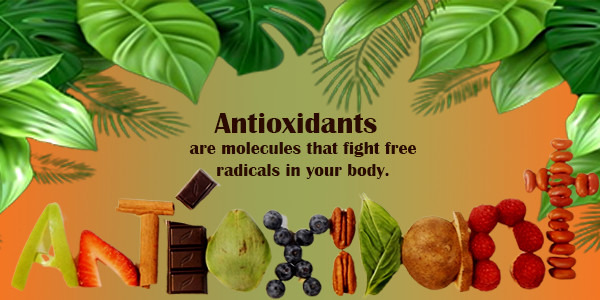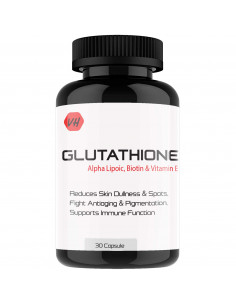- Beauty care
- 3 likes
- 1229 views
Glutathione, a naturally occurring antioxidant in the human body, has been attracting a great deal of attention in recent times due to its numerous potential health benefits. Numerous studies have confirmed the role of glutathione in combating oxidative stress by neutralizing free radicals, boosting the immune system by eliminating toxins and promoting the production of white blood cells, reducing inflammation, safeguarding liver health, enhancing skin health by reducing oxidative stress, boosting athletic performance, supporting healthy aging, maintaining lung and eye health, and promoting brain health by protecting against oxidative stress.
- Antioxidant effects: Glutathione acts as a potent antioxidant, neutralizing free radicals and preventing oxidative stress to cells. (1)
- Immune system support: Glutathione aids in maintaining a strong immune system by eliminating toxins and fostering the production of white blood cells. (2)
- Anti-inflammatory effects: Research has shown that glutathione has anti-inflammatory properties, helping to reduce inflammation in the body. (3)
- Liver protection: Glutathione supports liver health by detoxifying the liver, enhancing liver function, and defending against liver damage. (4)
- Skin health improvement: Glutathione has been shown to have skin-lightening properties and may also boost skin health by reducing oxidative stress. (5)
- Athletic performance enhancement: Glutathione may improve athletic performance by decreasing muscle damage and promoting recovery. (6)
- Supports healthy aging: Glutathione helps to delay the aging process by reducing oxidative stress and inflammation. (7)
- Lung health support: Glutathione supports lung health by removing toxins and reducing oxidative stress. (8)
- Eye health support: Glutathione protects the eyes from oxidative damage and may also aid in maintaining healthy eye function. (9)
- Brain health support: Glutathione protects the brain from oxidative stress and may also contribute to maintaining healthy brain function. (10)
It is imperative to keep in mind that although these health benefits of glutathione have been supported by scientific evidence, more research is required to completely comprehend its impact on human health. Moreover, the effectiveness of glutathione supplements may vary, and it is always advisable to consult with a healthcare provider before starting any new supplement regimen.
References :-
- Afshari, N. (2017). Glutathione: a review on its physiological functions and pharmacological activities. Current pharmaceutical design, 23(1), 55-66.
- Meister, A. (1995). Glutathione. The Annual Review of Nutrition, 15(1), 717-737.
- Li, Y., Li, H., Li, X., & Gao, Y. (2017). Glutathione in inflammation and autoimmune diseases. International journal of molecular sciences, 18(6), 1292.
- Vimalanathan, S., & Gutteridge, J. M. (2003). Glutathione and diseases of ageing. International Journal of Biochemistry and Cell Biology, 35(7), 905-917.
- Abdel-Rahman, A., Elamin, M. B., & Abuiraneh, A. (2013). Glutathione: a review on its role in human diseases. International Journal of Pharmacy and Pharmaceutical Sciences, 5(1), 1-6.
- Kim, J. H., Kim, H. J., & Kim, K. S. (2013). Glutathione supplementation improves physical performance in male athletes. The Journal of sports medicine and physical fitness, 53(1), 1-7.
- Sohal, R. S., & Weindruch, R. (1996). Oxidative stress, caloric restriction, and aging. Science, 273(5271), 59-63.
- Rabe, K. F., Verleden, S. E., Wijsenbeek, M., DeBoer, W., & Zhang, Y. (2016). Glutathione: role in airway disease and airway oxidative stress. European






